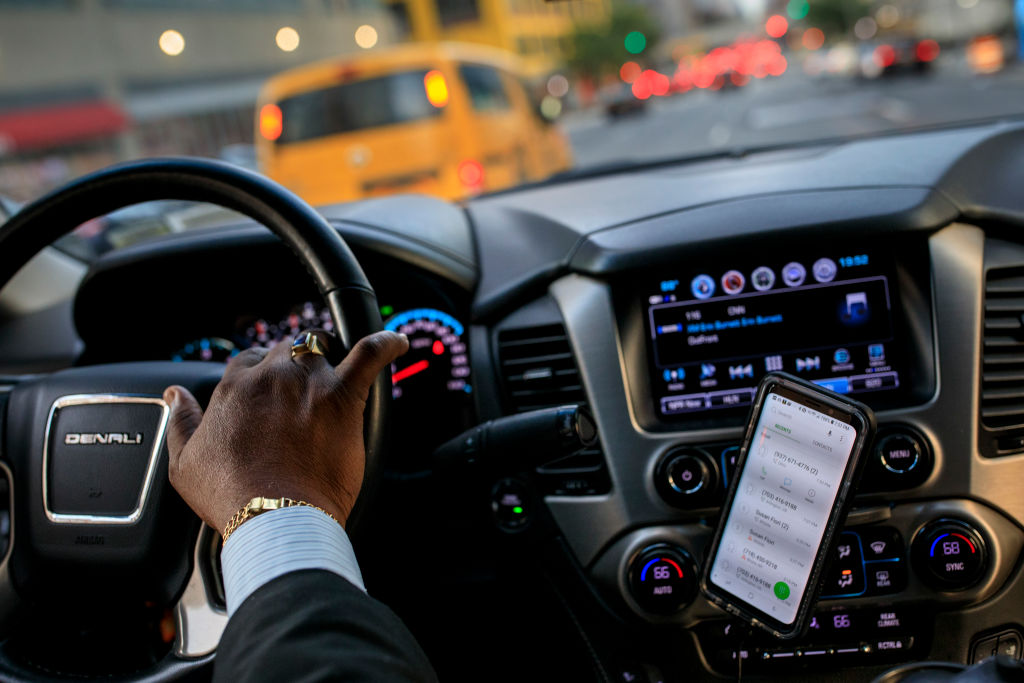Rideshare companies Uber and Lyft are under fire from atheist groups. They believe drivers should not preach their faith to passengers. While many might appreciate the gospel on their rides to their next destination, there are just as many people who don’t want to be preached to during their Uber rides.
Converting During Your Ride
“Both ride-sharing companies have strict rules prohibiting religious discrimination. Drivers cannot refuse a customer, for example, who is very clearly not a member of their faith. But there’s no rule blocking drivers from proselytizing and attempting to win new converts, and Christians know it,” reported Hemant Mehta, founder of FriendlyAtheist.com. Although many could agree with his sentiments, atheist or not, no clauses prevent drivers from sharing the word.
“There’s a belief among many evangelicals that there shouldn’t be any boundaries when it comes to sharing the faith,” noted the report. “But there’s a substantive difference between using personal social media, podcasts, or TV shows to do it — where recipients can always block the noise or change the channel — and doing it as part of a ride-share company where passengers may not be able to leave the car, and the preacher is literally the person in the driver’s seat.”
A Ride With A Side Of Gospel Please

Recently in an article in the Associated Press, pastor Kenneth Drayton of Brooklyn and book author Tomika Reid of New Jersey use their vehicles as “mobile Christian ministries.” “You don’t always have to go to a church or sanctuary to experience restoration and the power of God,” said Drayton. “The car is such an ideal place to do this because it’s personal. I can share my faith and it’s so important because that’s what I live for.”
Reid on the other hand shares her personal experience to spread the word of God. At a time when she felt the lowest, after losing her mother, sister, and the fathers of her two daughters her faith is what helped pull her through. “I wanted to give up, but because of my faith in God, I’m still here standing,” said the 40-year-old single mother. “And I just want to use my story to encourage others never to give up, no matter what you go through.” Reid keeps a few books in the backseat pockets of her car, including a children’s book she’s written that helps kids cope with the death of a loved one. “When I hear people say, ‘You made my day,’ I know I can make an impact on people’s life,” Reid said. “It brings joy to me. It’s like I’ve turned my pain into a purpose to inspire others.”
What Do You Think?
No matter your personal preference for religion, we are all still human. Drivers have the right to speak about the things they feel, but we also have the right to tell drivers whether or not that’s the type of conversation we would want to engage in. Some of us could be having a bad day and want to enjoy peace on our way home, while others may need to hear a good story about God to feel better. Where do you stand? Should we go as far as adding an icon of a cross to a driver’s Uber profile? Or should we have the right to tell the drivers how we feel?





